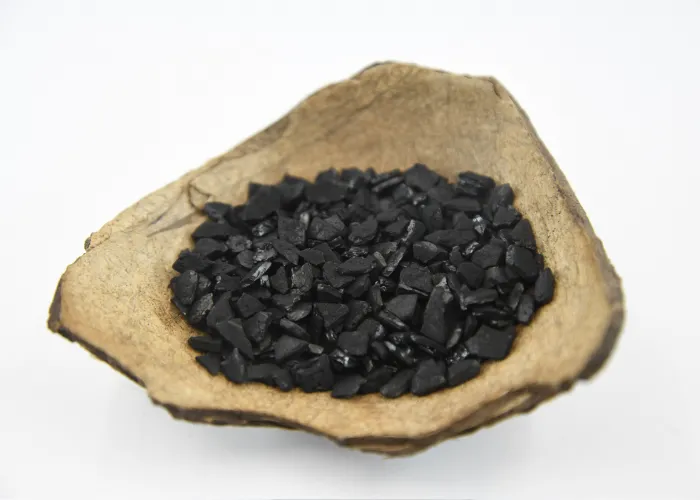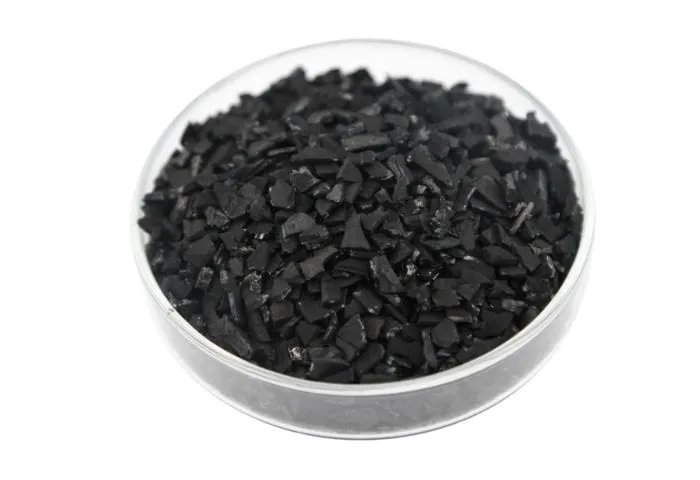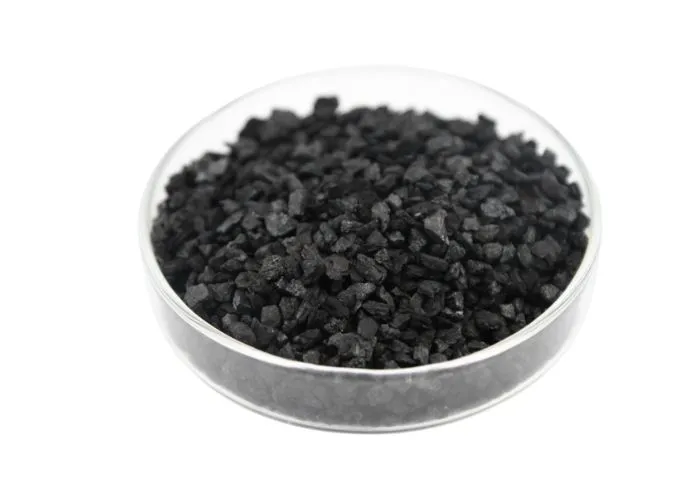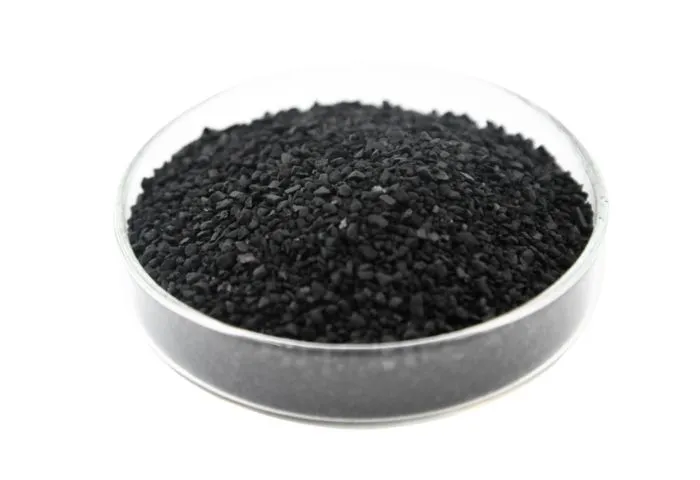Comprehensive Range
Professional manufacturer of both coal-based and coconut shell activated carbon with complete specifications


Premium carbon derived from coconut shells with high micropore volume, excellent hardness. Ideal for water/air purification and gold recovery

High-quality carbon produced from selected coal with superior mesopore structure. Perfect for industrial wastewater treatment and chemical processing

Engineered carbon made from bituminous coal through agglomeration process. Designed specifically for food & beverage industry and water treatment applications
Technical specifications and quality standards for coal-based and coconut shell activated carbon.
| Parameters | Specifications |
|---|---|
| Mesh Size (US Sieve) | 4×6/4×8/4×10/5×7/6×12/8×16/8×20/8×30/10×30/12×40/20×50/Other |
| Iodine (mg/g) Minimum | 600 – 1050 (Coal based) 900 – 1250 (Coconut shell) |
| Apparent Density (g/cc) | 0.35 – 0.60 |
| Hardness (%) Minimum | 85/90/95/98/99 |
| Ash Content (%) Maximum | 3-14 |
| pH Value | 7-9 (PH adjustable) |
| Packaging | 25kg PP woven bag; 500kg Jumbo bag; Customized Packaging |
| Origin | China |
| Quality Certification | ISO9001, ISO14001, HALAL, Kosher, NSF |
Contact our professional engineers today to learn more about our products and services, and get customized solutions tailored to your specific needs.
Aliqua id fugiat nostrud irure ex duis ea quis id quis ad et. Sunt qui esse pariatur duis deserunt mollit dolore cillum minim tempor enim elit aute irure tempor cupidatat incididunt.
Professional manufacturer of both coal-based and coconut shell activated carbon with complete specifications
35000-ton annual capacity ensuring stable supply chain
Strict quality control system ensuring stable performance and international standard compliance
Serving 80+ countries with comprehensive international logistics solutions
Professional technical team providing application guidance and customized solutions
24-hour response time for inquiries, samples, and quotations
Competitive pricing through optimized production processes
Multiple international certifications including ISO, NSF, and HALAL
Find answers to common questions about our activated carbon products, ordering process, and technical support.
Granular activated carbon (GAC) is a porous adsorption material made from natural materials such as coconut shells, coal, or wood through carbonization and activation processes. The manufacturing process includes two main steps: carbonization and activation. Carbonization involves heating the raw materials in an oxygen-deprived environment to decompose them into carbonaceous materials. Then, through physical or chemical methods, activation increases the porous structure and surface area of the carbonaceous material.
Granulated carbon features highly developed micro, meso, and macroporous structures, providing numerous adsorption sites. The surface area of activated carbon granules typically ranges from 500 to 1500 square meters per gram. It is widely used in water treatment, air purification, the food industry, and precious metal recovery due to its efficient adsorption performance and versatility.
Granular activated carbon (GAC) and powdered activated carbon (PAC) differ significantly in form, use, and performance.
Granulated carbon usually comes in 1-5 mm granules, with a regular shape, making it easy to handle and use. It is suitable for fixed-bed adsorption systems, such as filters in water treatment and air purifiers. In contrast, powdered activated carbon has particles smaller than 0.1 mm, disperses and mixes easily but can cause dust issues, and is mainly used for liquid-phase adsorption, often directly added to water or chemical solutions.
The adsorption rate of GAC carbon is relatively slow, but it provides stable long-term performance, suitable for handling large pollution loads. PAC, on the other hand, has a fast adsorption rate, ideal for emergency treatment or short-term high-efficiency adsorption but requires frequent replacement.
Additionally, granulated carbon results in lower pressure loss in systems, making it suitable for continuous flow treatment systems, whereas powdered carbon might cause higher pressure losses. For regeneration, GAC can be reused multiple times through thermal or chemical regeneration methods, while PAC is typically discarded after a single use.
Per- and polyfluoroalkyl substances (PFAS) are a large group of man-made chemicals, including PFOA, PFOS, and GenX chemicals. PFAS are commonly found in industrial wastewater and consumer products, posing potential environmental and health hazards.
GAC carbon can effectively capture and remove these compounds through physical and chemical adsorption mechanisms. However, the removal efficiency of PFAS is influenced by factors such as the type of activated carbon granules, pore structure, surface area, and usage conditions.
In this application, commonly used activated carbon includes 8-30 mesh and 12-40 mesh high iodine value coal-based granulated carbon.
The price per ton of GAC carbon varies depending on raw materials, production processes, quality, and market demand. Generally, coconut shell-based activated carbon, due to its excellent performance and environmental characteristics, is relatively expensive, with prices ranging from $1500 to $3000 per ton. Coal-based activated carbon and wood-based activated carbon are relatively cheaper, with prices ranging from $800 to $2000 per ton. The specific price also needs to be considered based on purchase volume, transportation costs, and suppliers. You can contact us for the latest product quotations.
Yes, we are happy to provide samples to customers for actual testing and evaluation. Samples can help customers understand the performance and applicability of GAC carbon, ensuring that it meets specific application needs. Please contact our sales team to arrange sample delivery and provide relevant technical support and consultation.
Contact us today to discuss your activated carbon needs. Our team is ready to provide expert support and solutions tailored to your requirements.